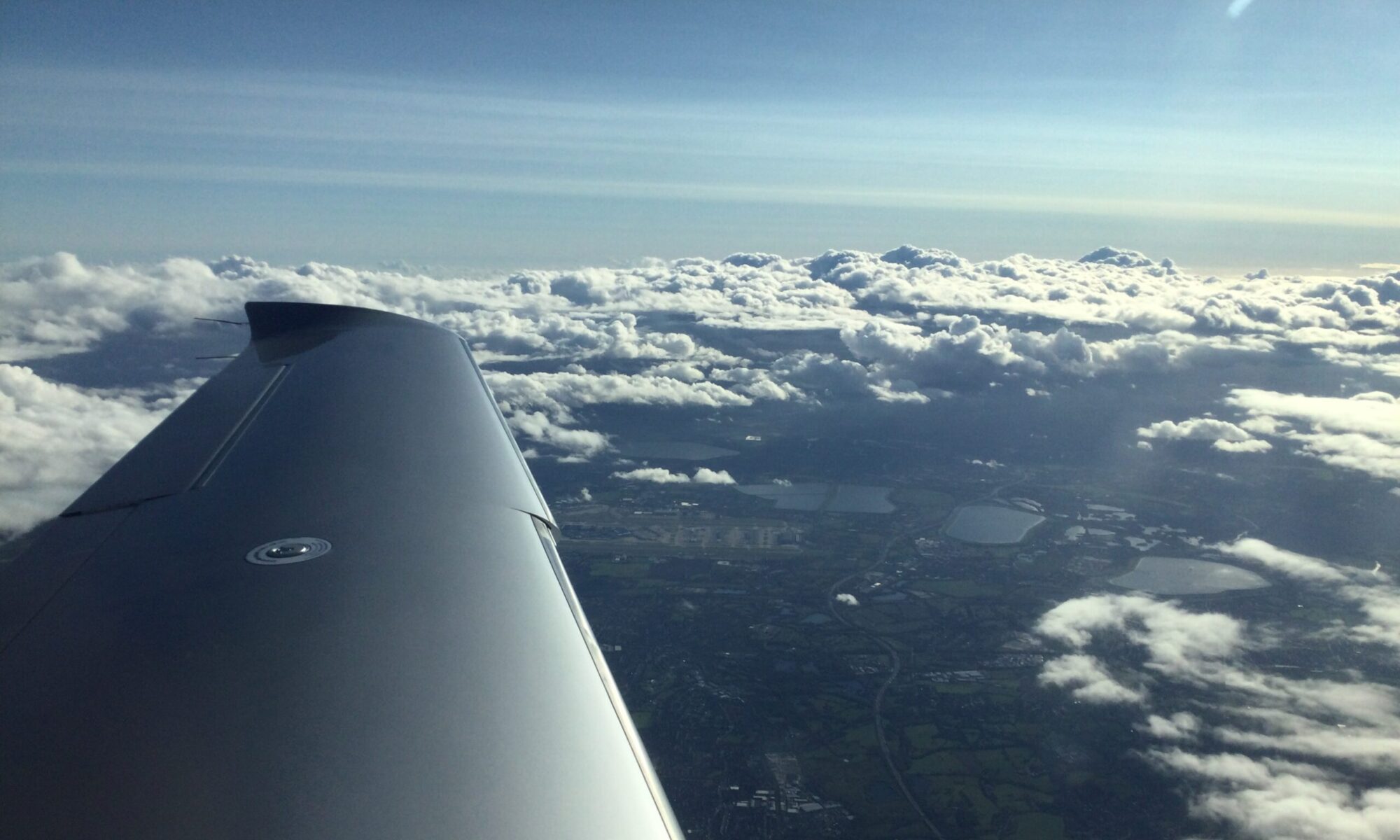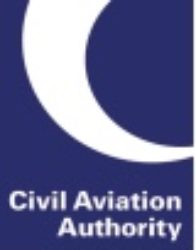CAP 2118 states that the FRTOL Practical test should be stopped if the aim of the test is not completed, or an acceptable level of knowledge is not demonstrated at any point, or if the examiner has to intervene, or in the case of numerous and persistent errors, or if the candidate..
- fails in two items in any one section of SRG 2160 (SRG 2160 Sections 2 – 7)
- fails more than 3 items overall (SRG 2160 Sections 2 – 7)
Most candidates make some mistakes, and I wondered if there were prevalent items. It seems there are, so here’s my list…
§ 2.8 – Response to Traffic Information.
When associated with the use of an ATS Surveillance System (e.g., <callsign>, traffic 11 o’clock 6 miles crossing left right ahead no height information fast moving). Traffic in sight OR traffic not sighted – CAP 413 Paragraph 5.25 should help with that.
When receiving traffic information prior to joining the circuit (e.g., <callsign>, traffic is a Cherokee upwind and a Tomahawk late downwind) or CAP 413 paragraph 4.46 will help. Other circumstances where traffic information is passed are defined in CAP 413 paragraph 4.81 and 4.154.
§5.2 Initial Call and Request
Should only include the minimum information needed to establish the service that the flight requires CAP 413 paragraph 3.28.
§5.3 Enroute call (reply to ‘pass your message’)
If the initial call is done correctly, then this call shouldn’t include the ‘request’ again. CAP 413 paragraph 3.31 talks about this.
§3.7 Departure Procedure differences – AGCS | AFIS | ATC
The pilot should not respond that the take-off is at their discretion, just ‘taking off’ CAP 413 paragraph 4.85.
§4.7 Arrival and Circuit Procedure differences – AGCS | AFIS | ATC
The pilot should not respond that the landing is at their discretion, just ‘landing’ if landing or ‘going around’ if not. CAP 413 paragraph 4.85.
§6.1 Distress (MAYDAY) – Definitions and transmission
When and what to include under the pilot qualifications element of the call. This very sad incident should be read in conjunction with CAP 412 paragraph 8.13 to explain the importance of this.
§6.8 Cancellation of Emergency
The procedure associated with the termination of distress communications is not well known or perhaps forgotten. CAP 413 paragraph refers.

